6 April 2025
Have you ever been knee-deep in an RPG, made a critical decision, and watched everything fall apart? It’s the kind of moment where your heart sinks, you stare blankly at the screen, and then you’re hit with either a dreaded “Game Over” or some in-game consequence that changes everything. But here’s the thing: how RPGs deal with failure can make or break the entire experience. Is failure merely the end of the road ("Game Over"), or can it act as a stepping stone ("Failing Forward")? Let’s dive in and figure it out.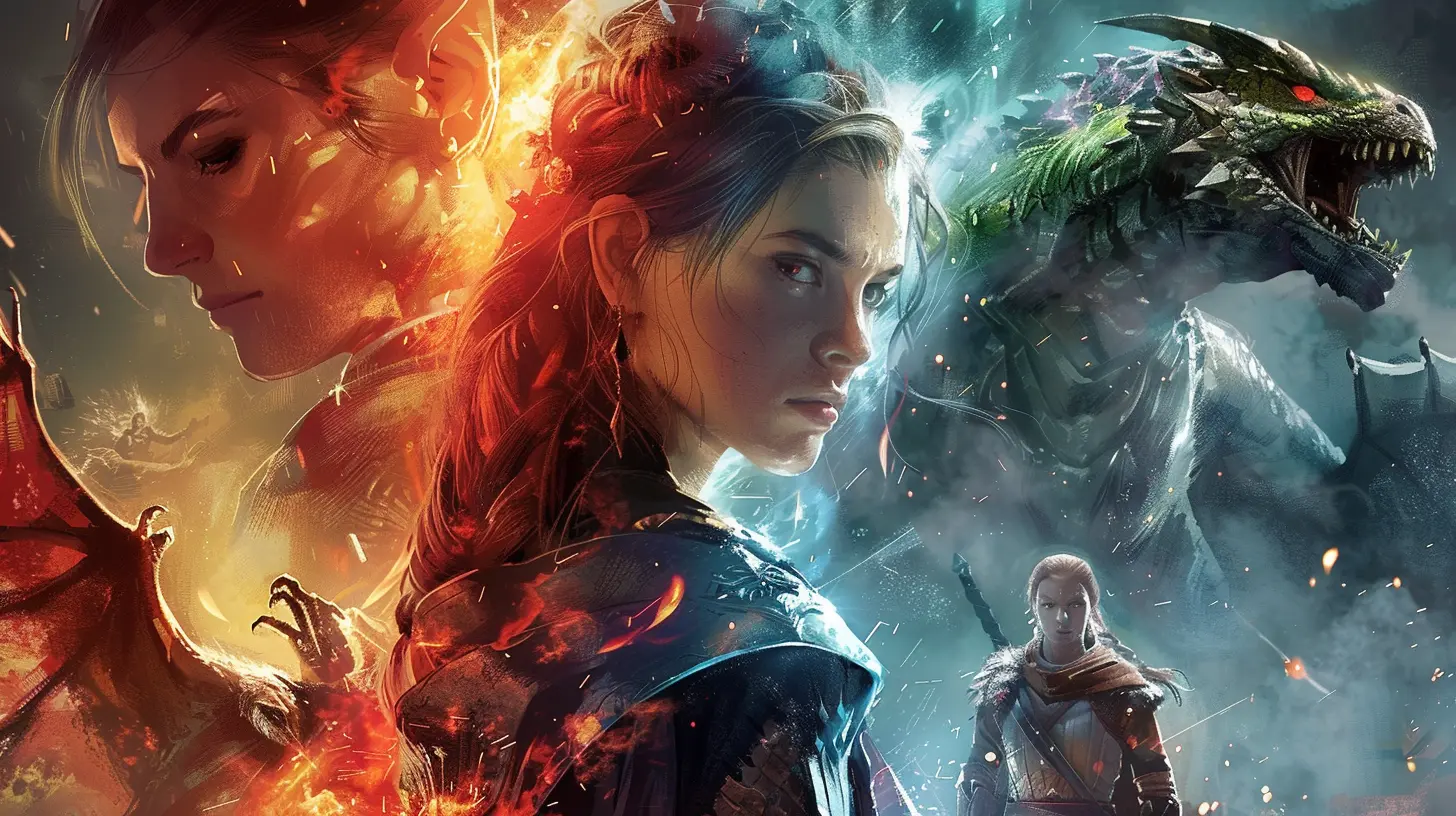
What Does "Failure" Mean in RPGs?
First off, let’s define the beast we’re dealing with here. In the world of RPGs (Role-Playing Games), failure usually means you’ve either flubbed a battle, botched a skill check, or made a questionable choice that didn’t pan out. It’s when the dice (literally or metaphorically) roll against you. How the game handles this failure says a lot about its design philosophy. Do you have to start over from scratch? Or does failure open up new opportunities and storytelling paths?It’s not just about whether you lose; it’s about how you lose and what happens next. Some games give you a second chance to improvise; others toss you back to the main menu like a bouncer kicking out a rowdy patron. Let’s break this down into two camps: "Failing Forward" vs "Game Over."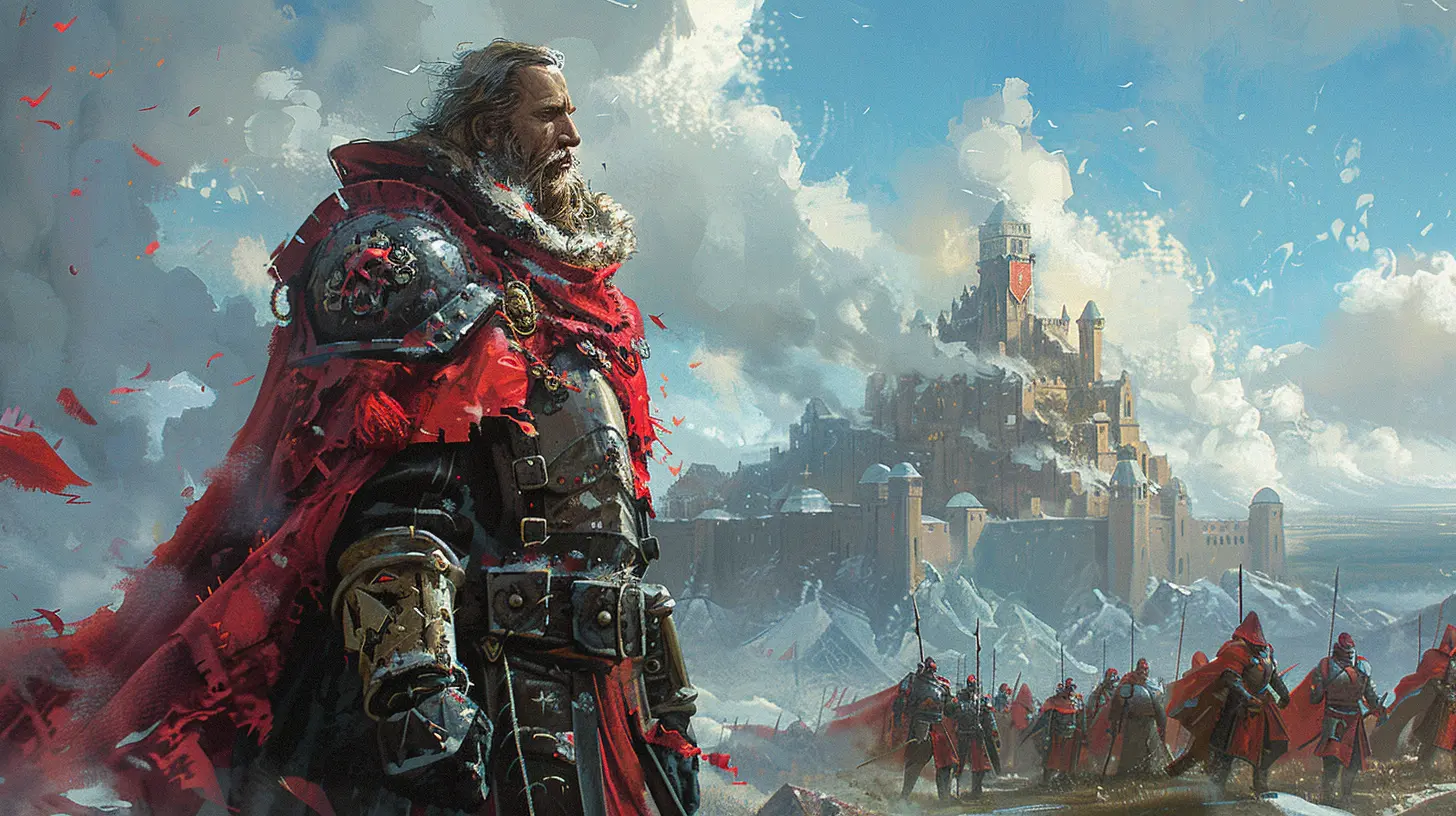
The Game Over Approach: The Harsh Reality of Failure
Let’s start with the classic—and arguably more brutal—approach: the infamous Game Over. If you’ve ever played a retro RPG or even some modern ones, you know the drill. Mess up? Boom. Back to the last save point. Sometimes, that means replaying the last 30 minutes of gameplay because you forgot to save (and yes, I see you, 1990s JRPGs).Why Game Over Feels So Punishing
"Game Over" is like getting smacked in the face with a "Nope. Try again." There’s no sugar-coating it. You messed up, and the game isn’t shy about pointing it out. For some players, this can be motivating—a sort of "let me prove you wrong" challenge. But let’s be honest: for many, it’s just plain frustrating.Imagine grinding for hours, finally reaching a boss fight, and then dying horribly because of one bad decision. Now, you’re back to farming for healing potions like a low-level peasant. It’s the gaming equivalent of walking into a glass door—you didn’t see it coming, and now you’re embarrassed and mildly annoyed.
Where Game Over Works (and Where It Doesn’t)
This method works well in games designed to be tough as nails, where overcoming failure is the whole point (looking at you, Dark Souls). It’s like a badge of honor to finally conquer that insurmountable boss. But in games driven by story? Oof. A sudden "Game Over" can yank you out of an engaging narrative faster than you can say, “Reload the save file.”There’s also the issue of pacing. Constantly reloading and replaying sections can kill the momentum, and nothing kills immersion faster than hearing the same NPC dialogue for the fifth time because you can’t get past one fight. It’s like getting stuck in RPG Groundhog Day.
Failing Forward: Turning Loss into Opportunity
Now let’s talk about its cooler, more forgiving cousin: Failing Forward. This concept flips the script on failure—it’s not the end of the road; it’s just a detour. Messing up still has consequences, sure, but the story doesn’t stop. Instead, it adapts. You’re still in the game, but the world around you acknowledges that you’ve screwed up and runs with it.What Failing Forward Looks Like in RPGs
Failing forward is when your bad roll or poor decision doesn’t result in a Game Over screen but instead changes how the story unfolds. A great example is The Witcher 3: Wild Hunt. Let’s say you make a bad call during a quest. Instead of shutting you down, the game rolls with it—characters might react differently, the outcome of the quest shifts, but the story keeps moving forward. The world feels alive because it reacts to your actions, both good and bad.This approach is also common in tabletop RPGs like Dungeons & Dragons. Let’s say your rogue tries to pick a lock, but rolls a natural 1 and fails miserably. Instead of saying, "Well, guess you’re stuck outside," the Dungeon Master might throw in a guard noticing your clumsy lockpicking attempt, forcing you to improvise a way out of trouble. It’s failure, sure, but it’s also an opportunity for creativity and character development.
Why Failing Forward Rocks
Failing forward keeps the narrative momentum alive. You’re not punished for taking risks, and let’s be honest—RPGs are at their best when you’re experimenting, not playing it safe. It also makes the game feel more personal. Your failure isn’t erased; it’s woven into the story. It’s like burning a batch of cookies but discovering you’ve accidentally invented a new flavor. Sure, it’s not what you planned, but it’s still pretty cool.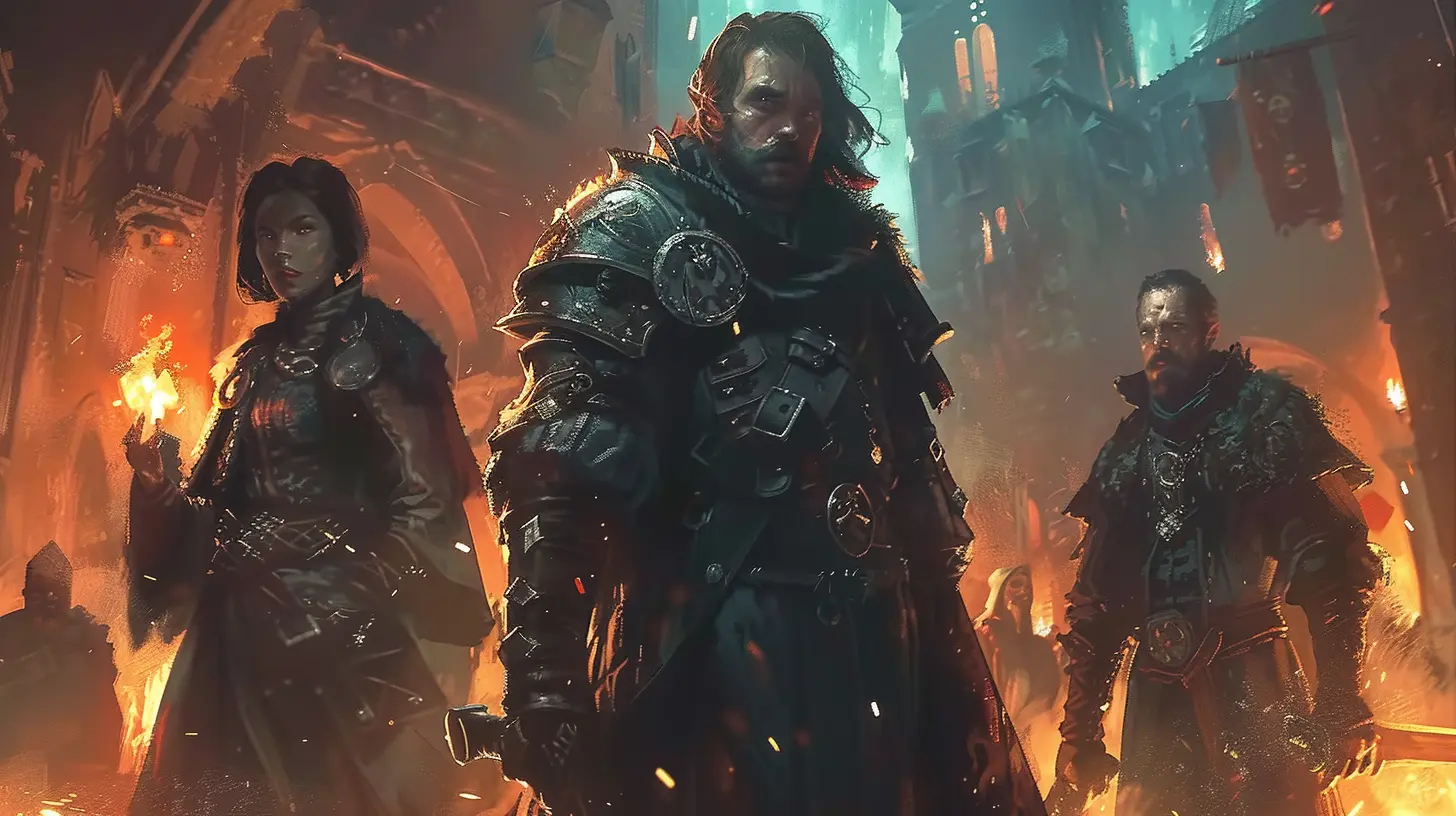
The Middle Ground: Striking a Balance
So, is "Game Over" bad? Not necessarily. And is "Failing Forward" always the answer? Not quite. The best RPGs strike a balance between the two. A bit of risk and consequence keeps things exciting, but allowing the story to adapt to failure ensures it stays engaging.Take Mass Effect as an example. Choices and consequences are central to the game, so failing a dialogue option doesn’t necessarily end the game—it changes it. On the flip side, die in combat? Yeah, you’re staring down a "Game Over" screen. It’s a mix of tough love and storytelling flexibility.
Meanwhile, games like Divinity: Original Sin 2 take this balancing act to another level. Fail a persuasion check? The NPC might fight you instead of helping you, changing how the encounter plays out. It’s a smart blend that keeps players on their toes while still letting the story progress.
Why Failure Matters in RPGs
Here’s the thing: failure in RPGs isn’t just about screwing up a dice roll or losing a fight. It’s a core part of the experience. Failure creates tension; it makes the stakes feel real. Whether it’s a punishing Game Over or a story-shifting failing forward moment, those "oh no" moments are what make victories so sweet.Would defeating a boss feel as satisfying if you hadn’t died 12 times trying to figure out its pattern? Would your character’s redemption arc hit as hard if they hadn’t made some catastrophic mistakes along the way? Probably not. Failure is the salt that makes the RPG stew flavorful.
So, Which Is Better?
If you’re expecting a definitive answer, sorry to disappoint. Both approaches have their merits, and it really depends on the type of RPG you’re playing. If you’re into dark, punishing challenges, the Game Over approach might be your jam. But if you’re more about immersive storytelling and character development, failing forward is where it’s at.At the end of the day, the best RPGs let you get back up after you fall—whether that’s starting over from a checkpoint or adapting the story to your failures. Because let’s face it: life isn’t about never failing. It’s about what you do when you inevitably mess up.

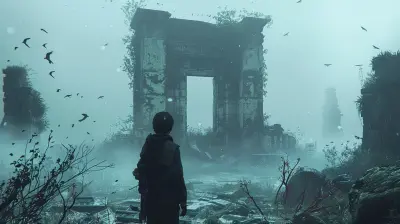

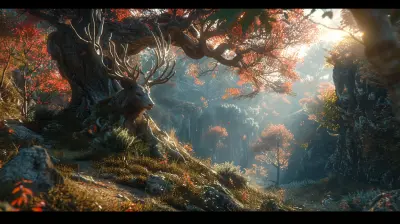

Astralis McCullough
Embrace failure in RPGs; it drives growth and story depth.
April 13, 2025 at 3:00 AM